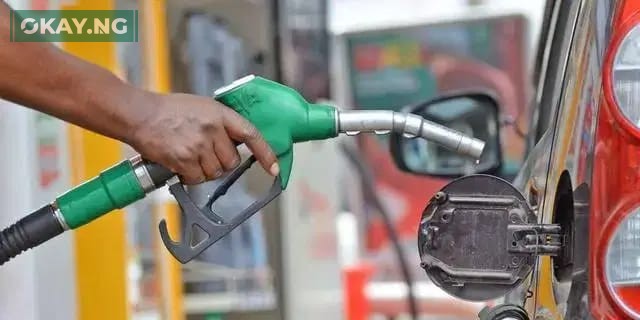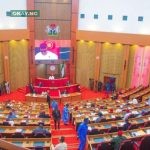The Federal Government has announced that Nigeria’s daily petrol consumption has decreased to approximately 50 million liters, with domestic refineries supplying half of this demand.
To bridge the remaining gap, the country imports about 25 million liters of petrol daily. This information was shared by Mr. Ogbugo Ukoha, Executive Director of Distribution Systems, Storage, and Retailing Infrastructure at the Nigerian Midstream and Downstream Petroleum Regulatory Authority (NMDPRA), during a press briefing in Abuja.
Mr. Ukoha highlighted that prior to the subsidy removal on May 29, 2023, daily petrol supply averaged around 66 million liters.
Following the subsidy withdrawal, there was a significant decline in consumption, stabilizing at the current rate of approximately 50 million liters per day.
He emphasized that less than half of this demand is met by local refineries, necessitating imports to prevent shortages in the downstream sector.
In a related development, the NMDPRA has announced a ban on the use of 60,000-liter capacity tankers for transporting petroleum products, effective March 1, 2025.
This decision aims to reduce the frequency of tanker-related accidents and mitigate the deterioration of road infrastructure attributed to these heavy vehicles.
Despite concerns from the National Association of Road Transport Owners (NARTO) about the financial implications—citing investments exceeding N300 billion in over 2,000 such tankers—Mr. Ukoha stated that the ban is a necessary measure to enhance safety and infrastructure longevity.
Furthermore, by the fourth quarter of 2025, the NMDPRA plans to prohibit the loading of petroleum products into tankers with capacities exceeding 45,000 liters.
This phased approach is intended to allow stakeholders time to adjust to the new regulations while progressively improving safety standards within the industry.
These initiatives reflect the government’s commitment to ensuring a stable fuel supply, enhancing transportation safety, and preserving the nation’s road networks.







